Sabah Fakhri, Syrian tenor who helped preserve classical Arabic music, dies at 88
Sabah Fakhri, a commanding Syrian tenor who helped preserve classical Arabic music with marathon-length concerts around the world, including one 10-hour performance without break in Caracas, Venezuela, in 1968 that earned him a Guinness World Record entry, died Nov. 2 in Damascus. He was 88.
Syrian state media reported the death but did not cite a cause.
Mr. Fakhri sang tarab, an emotive and repetitive form of traditional Arabic singing. The word roughly translates to “exaltation,” and everything about the music was designed to invoke a trancelike state of ecstasy or transcendence among his listeners. Notes were held for 10 seconds or longer, songs extended to nearly an hour, and one piece often bled into another. In Mr. Fakhri’s hometown of Aleppo, crowds often gathered for his evening concerts and listened to him sing until daybreak.
His purity of voice and ability to coax a wide range of emotion from his throat is what set Mr. Fakhri apart, said Syrian maestro Abdel Halim Hariri, head of Aleppo’s Music Syndicate and director of the Sabah Fakhri Institute for singing and music.
“He transformed from a musician into a school, from which generations learn,” Hariri said. Mr. Fakhri created melodies to go along with Arabic poetry, the conductor said, and set in place dozens of beats and helped set up the Arabic maqam, a musical modal system that is the foundation of traditional Arabic music.
He was often accompanied by a band playing traditional instruments such as the oud, a progenitor of the modern-day guitar; the qanun, a stringed flat instrument placed on laps or tables and plucked with two picks; and the ney, a wooden flute. A stone-faced Mr. Fakhri often emphasized the notes played by his band, punching his fists with the music.
The portly Aleppian, always in a suit and tie, popularized old songs such as “Fog Ilna Khil” (“We Have a Friend Above”) and “Qadduk al-Mayyas” (“Your Swaying Form”). In his live concerts, he often switched from shimmying and dancing to standing immobile as the crowd grew elated by his voice’s sudden rises and falls.
Mr. Fakhri, whose given name was Sabah al-Din Abu Qaws, was born in Aleppo on May 2, 1933. At 6, he was taught by his father how to recite Koran in the tradition of Sufism, a mystical branch of Islam that is traditionally more comfortable weaving musicality and sweetness in recitations.
He learned how to play the oud and found a powerful sponsor in the late Damascene political leader Fakhri al-Baroudi. From him, Mr. Fakhri took his artistic surname, a word that means “my pride.”
He sang about love, pain and home, sometimes weaving in religious themes: In “Qul Lil Maleeha Fi al-Khimar al-Aswad,” which translates to “Tell the Beauty in the Black Veil,” he sings of a man who was robbed of his religiosity when he saw a woman. When he begins, the instruments fall silent, his first words accompanied only by silence, then growing feverish clapping, whistling and cheering.
He was revered across the Middle East but also found receptive audiences in Europe and the Americas. His 1992 concert at New York’s Town Hall — a performance that lasted a comparatively restrained 2.5 hours — drew praise from New York Times music critic Jon Pareles for its “vividly expressive singing and protean interplay” among the star and his seven-man ensemble and three backup singers.
Pareles marveled at how the singers, in an instant, followed Mr. Fakhri in “improvisatory curves and flourishes, sometimes in broad arcs, sometimes in tight trills and microtonal quavers.”
Mr. Fakhri, who had been largely retired in recent years, was married twice and had four children, but complete survivors information was not immediately available.
Syrian restaurants abroad feature his concerts as background music, and his rendition of “Ya Mal al-Sham,” a song about Syria’s capital, is often played in nostalgic gatherings of Syrian expatriates who sing along mimicking Mr. Fakhri’s trademark wave of the hand.
To fans who heard him live, Mr. Fakhri will be remembered for his inexhaustible and transfixing magnetism: standing in front of a microphone, brows knitted, arms extended at his sides in a near-180 degree angle, teasing out long melodies from even the shortest of syllables.
Source: https://www.washingtonpost.com/



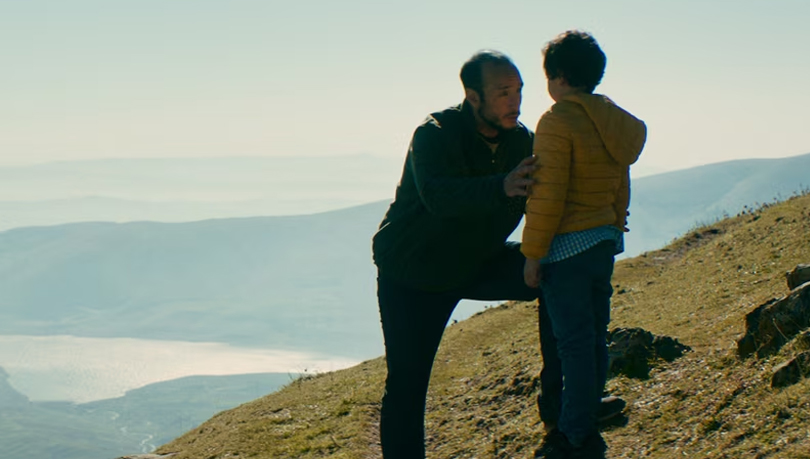

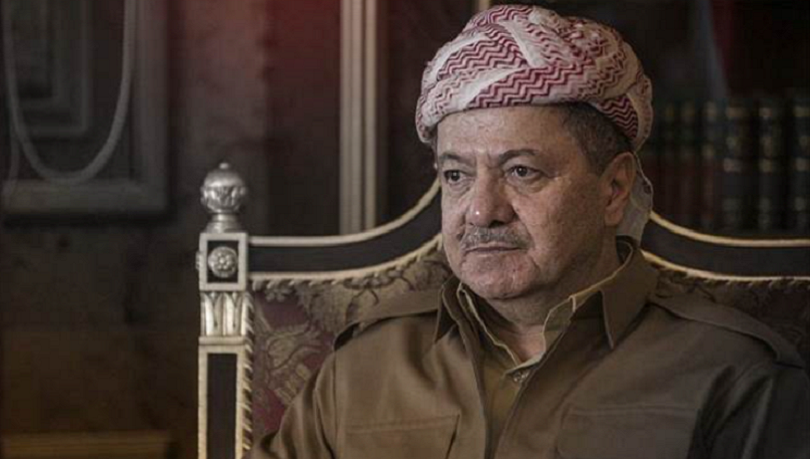
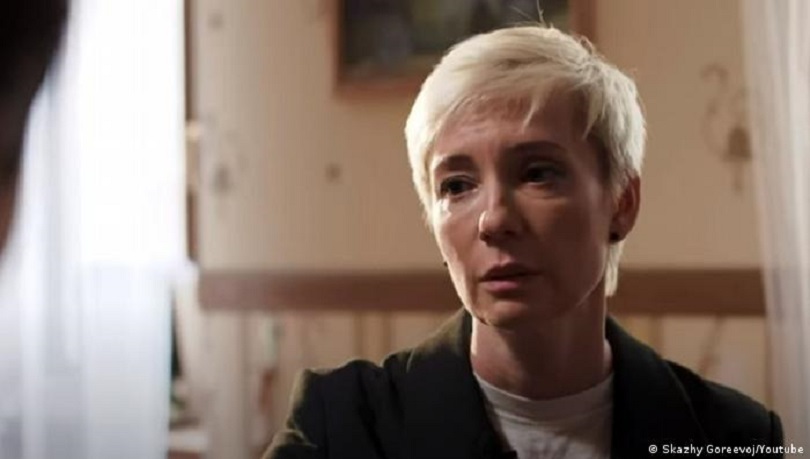

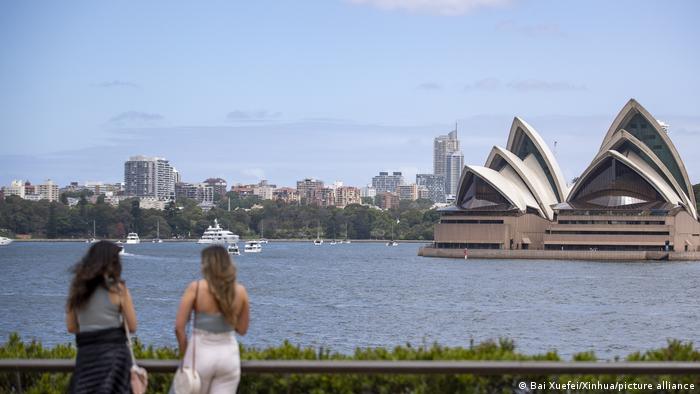
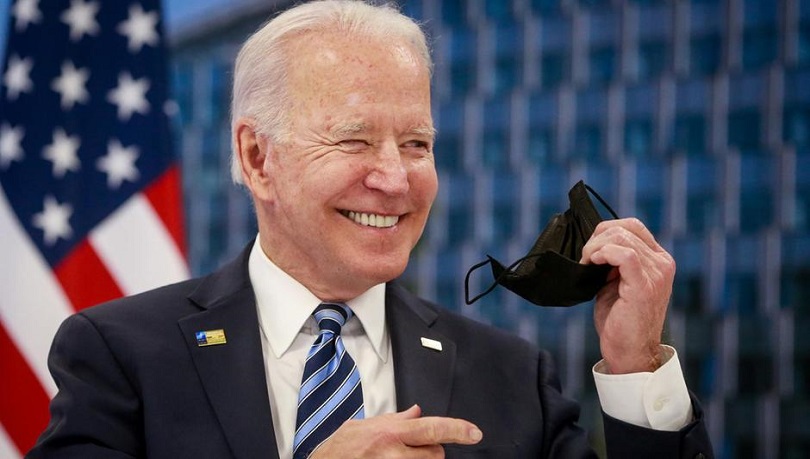


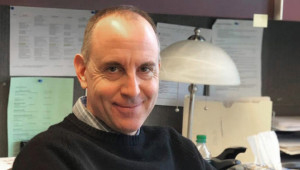

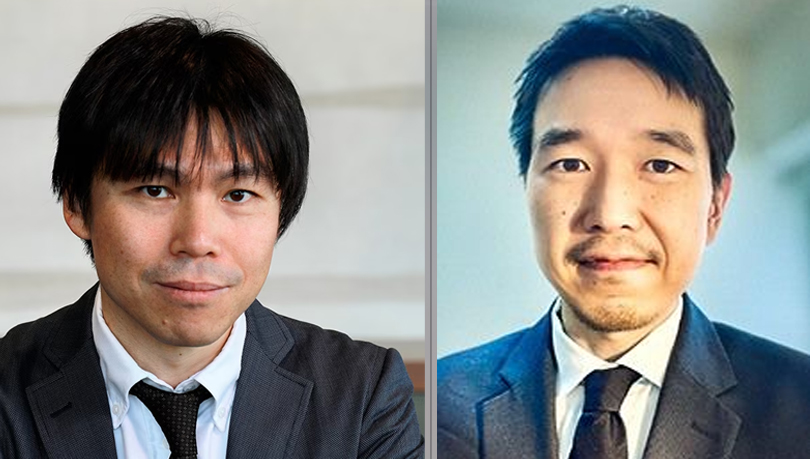


0 Comments